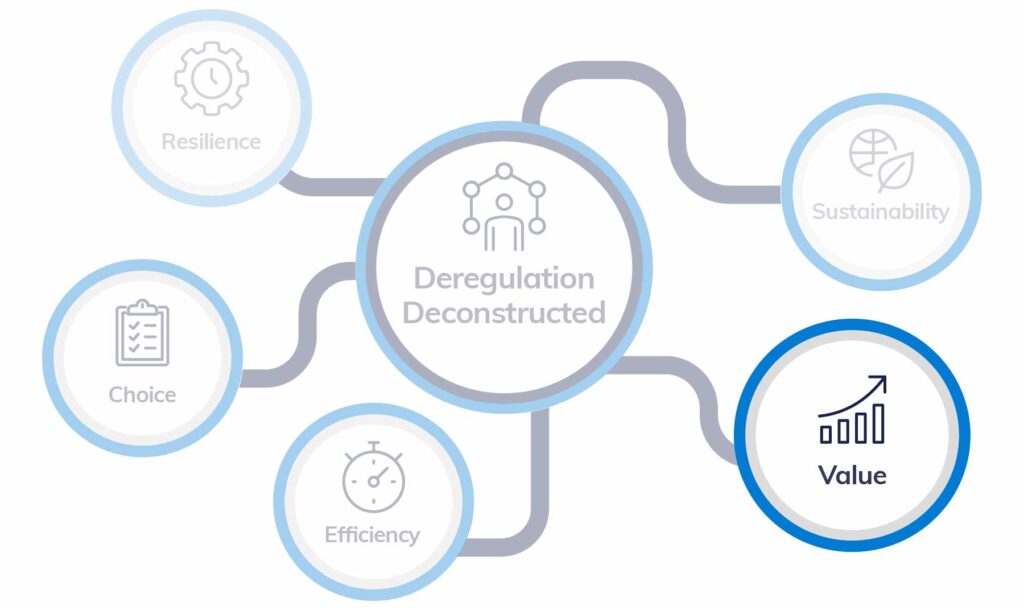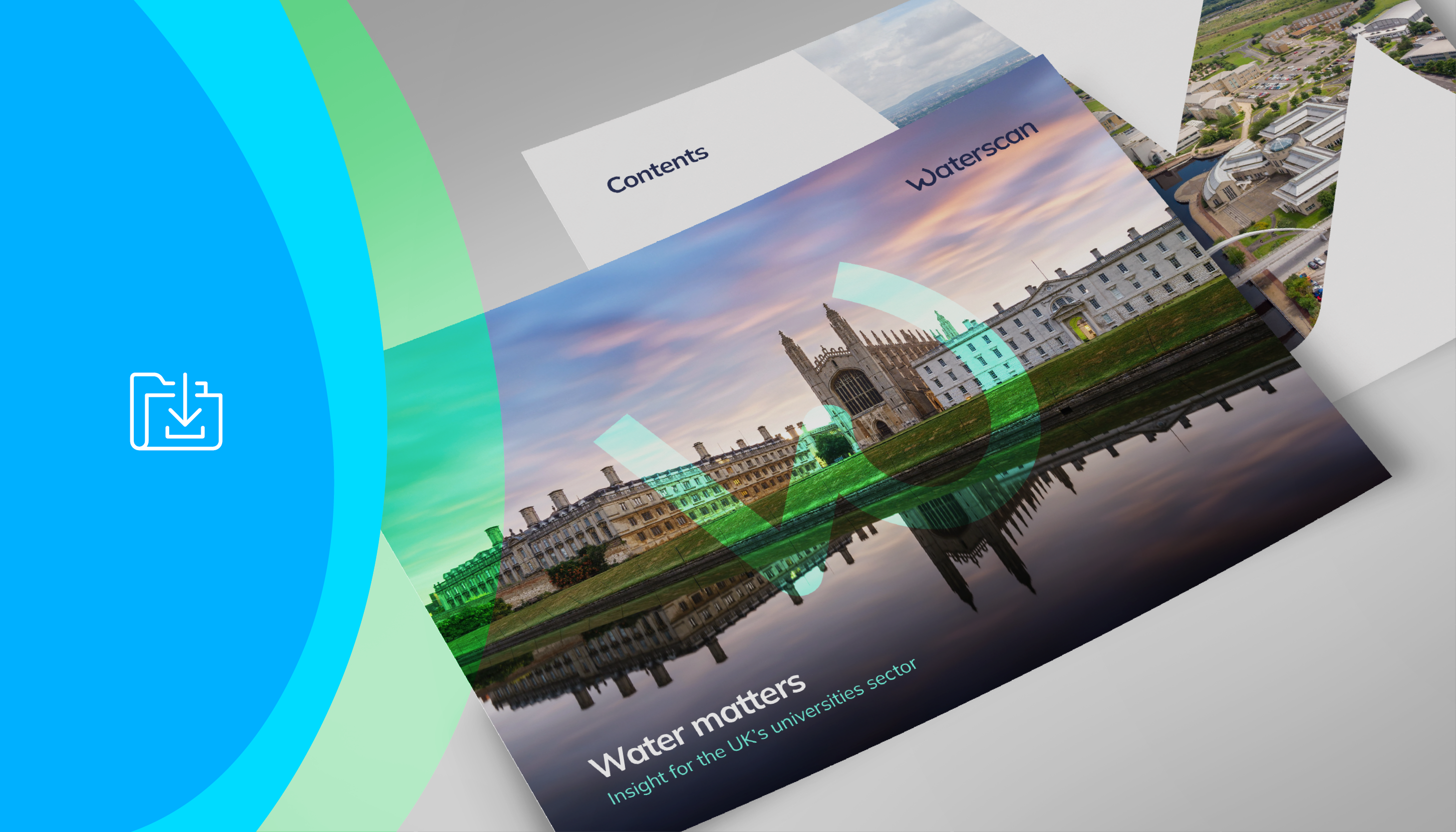The deregulation of the water industry in 2017 set out to accomplish a lot.
Five years on, to what extent has it delivered on value for money for all?

Progress
Each customer has a different view on what constitutes value for money for them and market choice should facilitate their prioritisation of preferences. Some regard cost savings as delivering best value while others look for added value through customer service excellence, flexible credit terms or innovative partnerships to drive longer term efficiencies.
Water remains inexpensive, with non-household bills typically comprising a small proportion of overheads. 90% of customers stated water bills were under 5% of their annual running costs.
Self-Supply customers have benefited from cost-savings through not paying a retailer margin, paving the way for increasing spend on implementing other water consumption controls.
“The water market has delivered for us in terms of switching from retailer to Self-Supply and this has brought a monetary saving to our water usage across the portfolio”*
“In financial terms, we save £400,000 each year by being a Self-Supplier in the marketplace. As retail prices rise, we expect this saving to grow”*
Persistence from Self-Supply retailers and the power of their collective voice positively influenced the market to offer more flexible approaches and clear guidance on credit terms, reducing financial externalities.
Allowing retailers to charge for water efficiency services should enable them to deliver a range of value adds to customers.
Roadblocks
Meter reading and data transparency and analysis are the only ways to evaluate value for money. These are the foundations on which accurate bills and strategic efficiency programmes can be built. However, data weaknesses remain the major shortcoming of the market to date. Some customers are still not being billed correctly for extended periods.
“Little or no improvement in customer service, innovation, efficiency and value for money when dealing with the wider retail market”*
Customer complaints remain largely consistent year on year. The most frequent reason given by customers for being dissatisfied with their current retailer was billing issues (77%), followed by issues around customer service (65%) and price (21%).
“poor customer service [and] having sites placed on default contract terms has cost our business”*
Customer complaints remain largely consistent

Source: Ofwat State of the Market Report 2021-22
The market’s commercial model places value firmly on cost reduction, at the expense of other value for money indicators. Retailers benefit more from higher spending customers so there’s no incentive for them to add value by helping customers to reduce consumption.
“Bar the emergence and continued development of the Self-Supply option, deregulation, I believe has been a pretty failure”*
Moving Forward
- Market performance should be focused on outcomes in terms of both customer delivery and reduced consumption for environmental benefit.
- Harmonised tariffs and operational policies across the market in relation to smart metering rollout, trade effluent, water efficiency and leakage allowances should be introduced.
What are your priorities? Find out how the water market is performing on other measures:
*Direct customer quotes from survey conducted by Waterscan, May 2022




